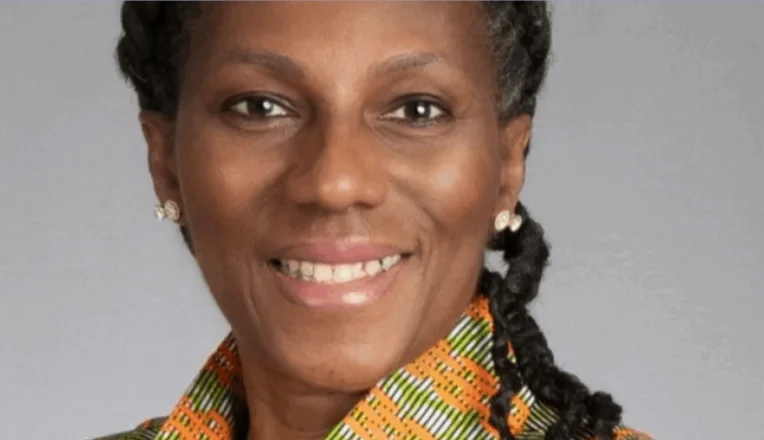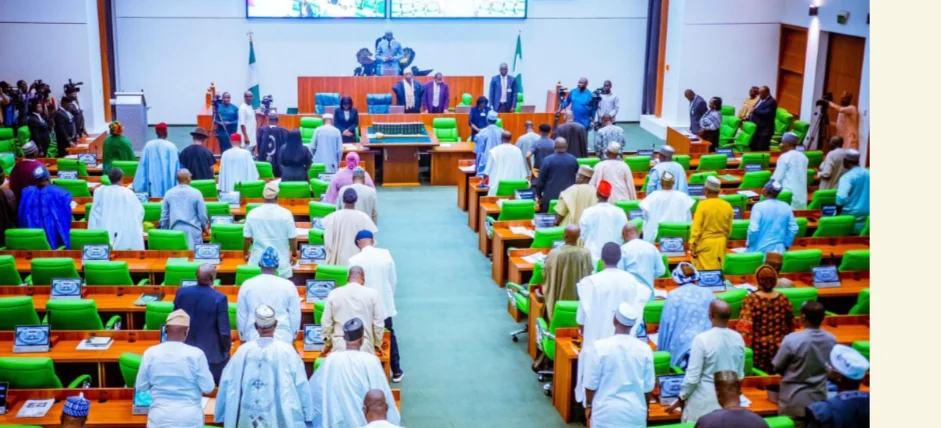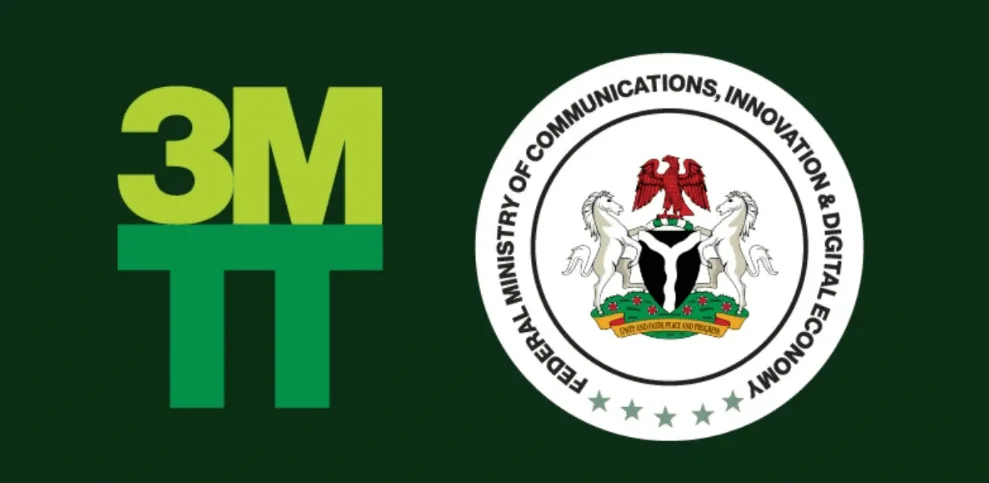ALTON Warns National Digital Economy Bill May Cause Regulatory Overlap in Nigeria’s ICT Sector
The Association of Licensed Telecommunications Operators of Nigeria (ALTON) has raised concerns that the proposed National Digital Economy and E-Governance Bill, 2025, may lead to regulatory confusion within the country’s ICT sector if not properly harmonised with existing laws.
Speaking at a public hearing of the Joint National Assembly Committees on ICT, Cybersecurity, and Digital Economy on Monday, ALTON Chairman, Engr. Gbenga Adebayo cautioned that the Bill, though well-intentioned, risks overlapping the mandates of key industry regulators such as the Nigerian Communications Commission (NCC) and the National Information Technology Development Agency (NITDA).
“While we support the government’s drive to modernize the digital ecosystem, the Bill as currently drafted could create duplication of roles and regulatory uncertainty,” Adebayo stated.
Calls for Clearer Jurisdictional Boundaries
Adebayo commended lawmakers for their vision to promote e-governance and provide a legal framework for emerging technologies, including Artificial Intelligence (AI). However, he emphasised the need for clear jurisdictional boundaries between regulatory agencies to ensure seamless coordination.
“To avoid duplication, there must be a clear delineation of responsibilities,” he said. “NITDA should lead on digital policy, e-governance, and standard setting, while the NCC should retain regulatory oversight of telecommunications networks, infrastructure, and digital services.”
He noted that under the current draft, NITDA’s expanded powers appear to encroach on NCC’s statutory responsibilities, a move that could slow innovation, cause bureaucratic overlap, and deter investment in Nigeria’s growing ICT landscape.
Advocating a Balanced AI Regulatory Framework
The ALTON Chairman also urged lawmakers to adopt a dual-regulatory approach to Artificial Intelligence (AI), similar to frameworks implemented in the United Kingdom, India, and the European Union.
“Policy direction should rest with a digital agency, while technical regulation should remain under a communications regulator,” Adebayo explained.
This structure, he argued, promotes accountability, innovation, and investor confidence, while preventing excessive regulatory control that could hinder technological growth and digital inclusion.
Industry Alignment Key to Successful Digital Reform
Adebayo reiterated ALTON’s full support for the government’s digital transformation agenda, stressing that effective coordination among regulatory bodies is crucial to achieving the objectives of the National Digital Economy and E-Governance Bill.
He urged the National Assembly to ensure that the legislation complements existing telecommunication and ICT frameworks, reinforcing Nigeria’s position as a leader in digital governance and innovation across Africa.











